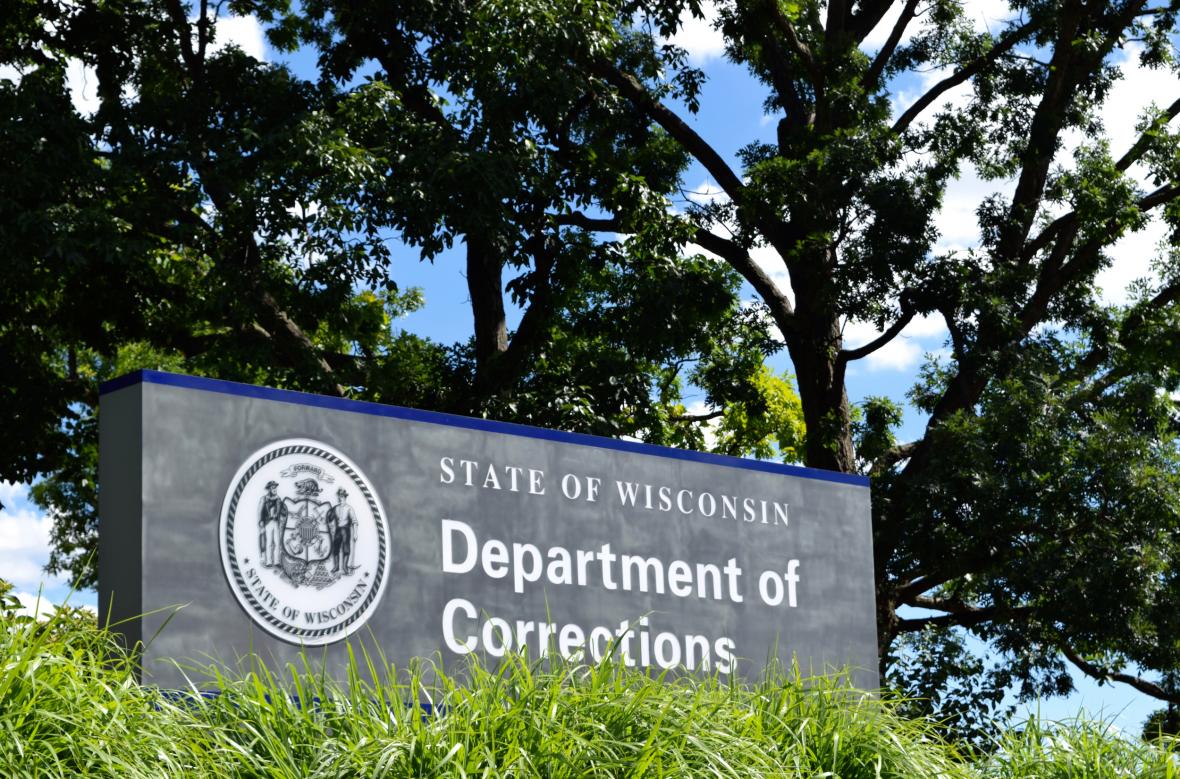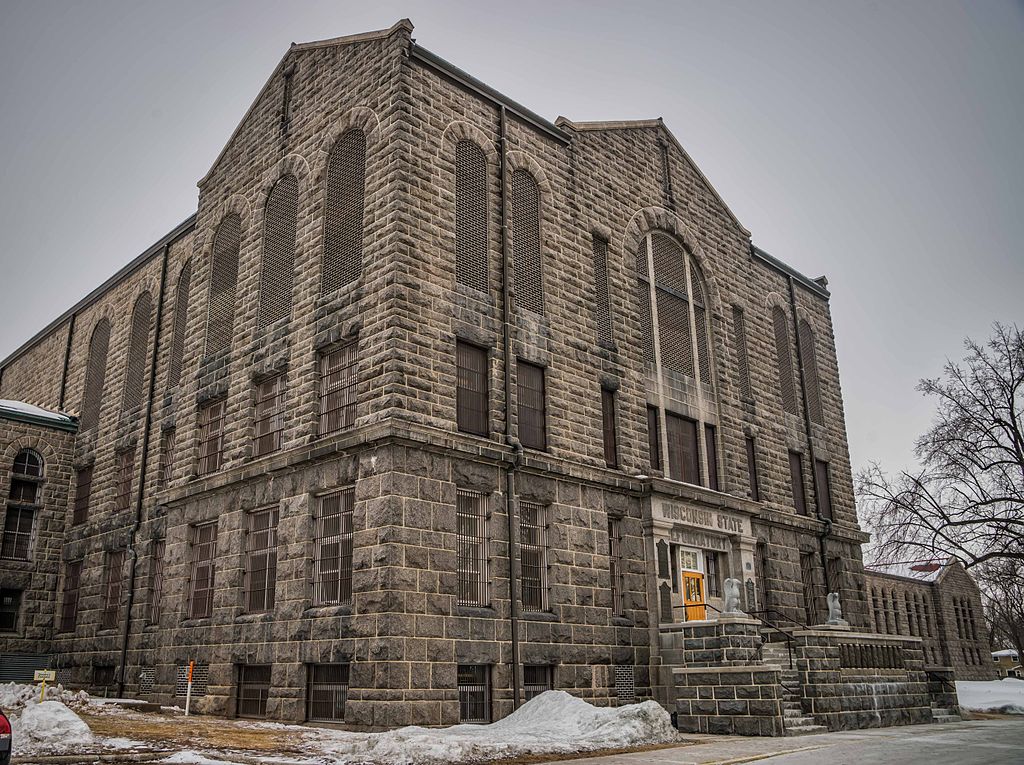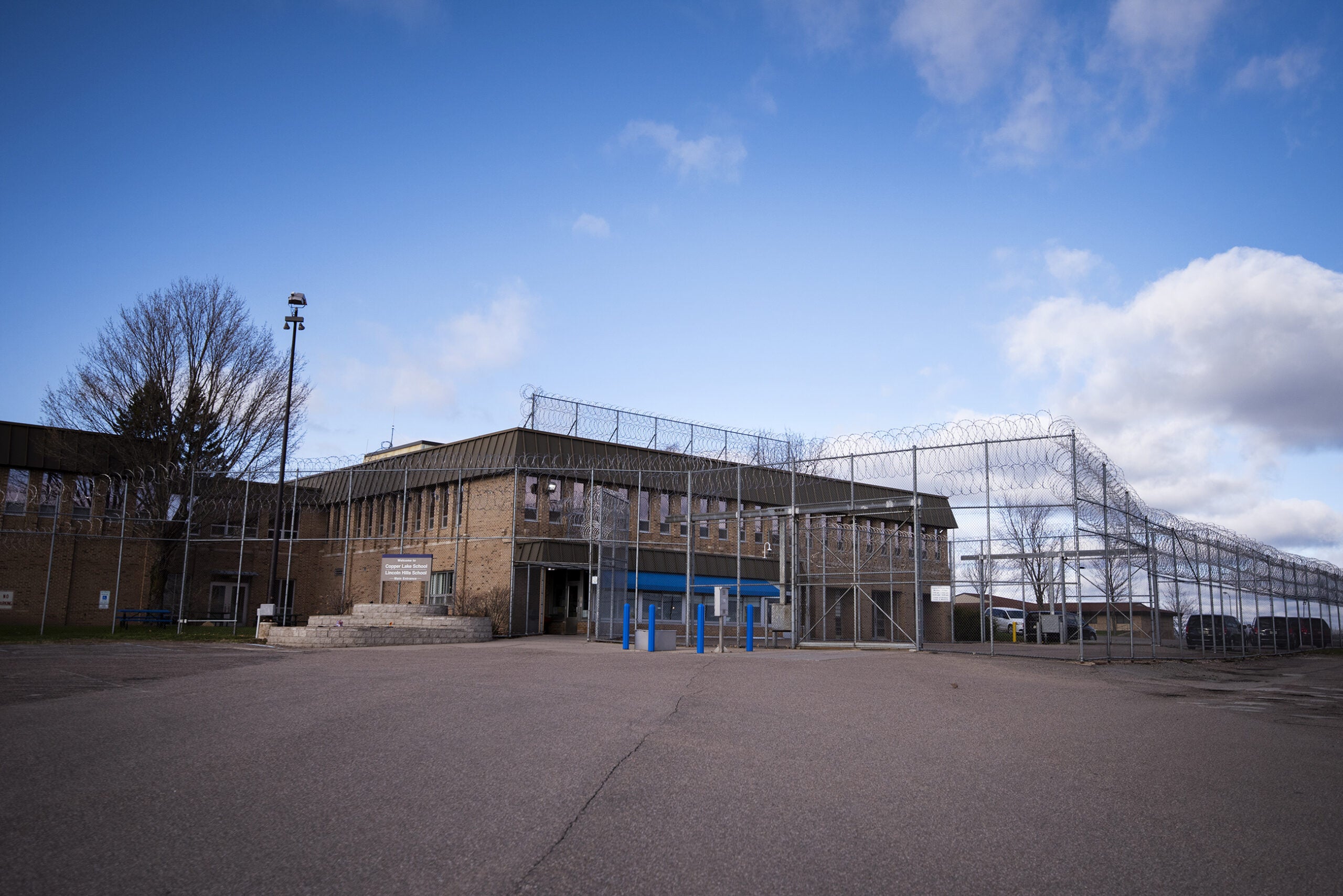Changes to the Wisconsin Department of Corrections have been major tenets of Gov. Tony Evers’ proposed budget, including closing the troubled Lincoln Hills youth prison and raising the minimum wage of correctional officers.
Just last week, a federal investigation into alleged civil rights violations at Lincoln Hills ended without charges, while a new report from a court-ordered monitor said that inmates in the prison are still being strip searched and pepper sprayed by correctional officers despite a federal court order to cut back on the practices.

Wisconsin Department of Corrections Secretary-designee Kevin Carr.Todd Richmond/AP Photo
Stay informed on the latest news
Sign up for WPR’s email newsletter.
Department of Corrections Secretary-designee Kevin Carr, who spent more than 30 years in the Milwaukee County Sheriff’s Department before becoming a U.S. marshal, recently spoke with Wisconsin Public Radio’s “The Morning Show” host Kate Archer Kent.
The interview has been edited for brevity and clarity.
Kate Archer Kent: What is your top priority as you take on this new role?
Kevin Carr: My top overall priority for the Department of Corrections is to engage in bipartisan criminal justice reform that will have a very broad impact on the criminal justice system in Wisconsin as a whole. That was one of Gov. Evers’ priorities when he got elected, and it was that priority, along with others, that convinced me to accept the position of secretary of DOC.
KAK: Wisconsin is in the process of closing Lincoln Hills and Copper Lake juvenile correctional institutions. Gov. Evers announced that the closure would take longer than the Walker administration had intended. Can you give us an update on this process?
KC: The Legislature at this point has clearly indicated that they also agree that there’s going to be more time needed to actually close Lincoln Hills because the timeline is so short, and they have heard from the counties that they need more time to build the facilities that were envisioned by the passage of Act 185.
But the governor’s budget clearly indicates — and I agree with the governor on this — that we will close Lincoln Hills as soon as there is an appropriate facility to place (juvenile inmates) in. There’s nothing more important to the governor and myself than the safety and security of our kids and closing Lincoln Hills as soon as possible. To create an artificial deadlines that maybe you can meet or not just, to me, doesn’t comport with reality.
KAK: What do we know about changes that can get underway at Lincoln Hills before we even build these smaller youth detention centers around the state?
KC: We’re working closely with the court-ordered monitor. I will preface that by saying we’re under a court-ordered consent decree which means that the state of Wisconsin and the plaintiffs in the case, the ACLU and unnamed individuals, have agreed to have a court-ordered monitor oversee changes that we are supposed to make at Lincoln Hills and then report back to the court to tell the court what the progress of those changes are.
So we’re working with the monitor, we’re working with the ACLU, we’re working with Wisconsin and national experts to ensure that the youth currently housed at Lincoln Hills receive the proper mental health care, education and support that they need to be successful.
That also includes trying to address our staffing shortage. The day that I walked into this office, the Department of Corrections had between 700 and 800 vacancies and we’re trying to address that issue by looking at increasing the compensation for the starting wages for officers working in the Department of Corrections. Right now our starting wage that we offer a starting correctional officer or a youth counselor is around $16.32 an hour. Our surrounding states pay considerably more for people doing the exact same amount of work.
KAK: On solitary confinement, at least one Wisconsin inmate recently went on a hunger strike to protest. Activists have called for ending the practice entirely. What purpose does solitary confinement serve in Wisconsin’s institutions?
KC: The governor has made it clear that reducing the use of solitary, or segregation, is one of his priorities, and it’s one of mine as well. And there have been several states around the country who have engaged in that process and reduced the use of segregation by providing their staffs with different management tools to use to manage people’s behavior while they’re in custody. Wisconsin is going in that direction. There are many facilities that I have visited already that have started to implement some very exciting and new strategies on how to reduce the use of segregation in our facilities.
The need for segregation may never entirely go away to zero, though we would love it to, because there are some folks that, whether through a mental illness or other reasons, are just extremely violent and they’re dangerous to themselves, staff and other inmates. And we have to find a very humane and safe way to manage that population. We’re committed to moving in that direction.
Wisconsin Public Radio, © Copyright 2025, Board of Regents of the University of Wisconsin System and Wisconsin Educational Communications Board.




